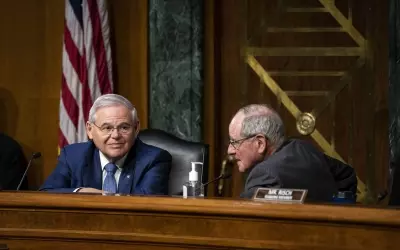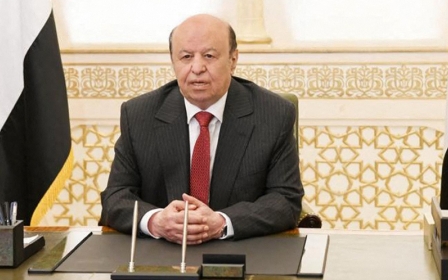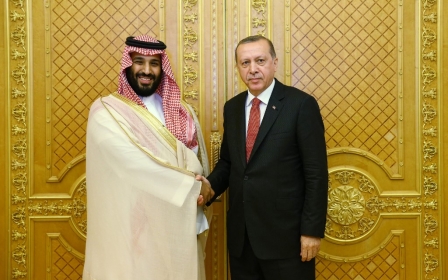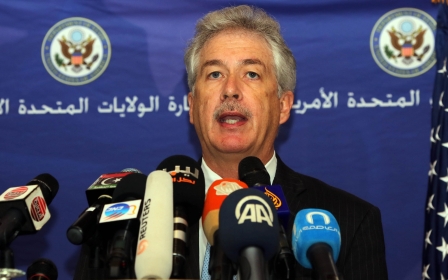CIA chief met with Saudi crown prince on secret trip, says report
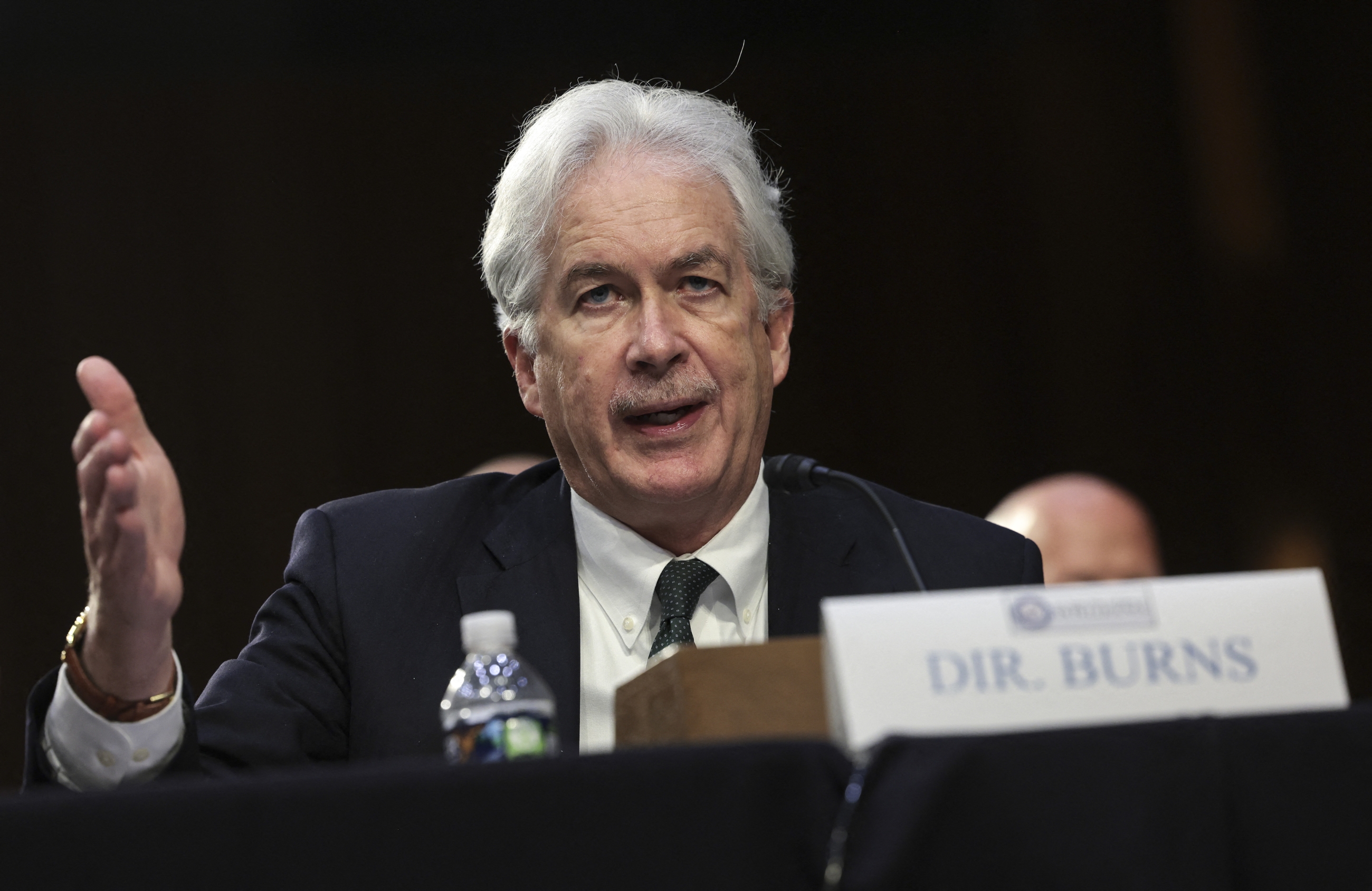
CIA director William Burns met with Saudi Crown Prince Mohammed bin Salman last month during an unannounced trip to Saudi Arabia, the Wall Street Journal reported.
The meeting comes as the Biden administration looks to repair ties with its Gulf ally, which have become strained over human rights issues, the wars in Yemen and Ukraine, and talks to revive the 2015 Iran nuclear deal.
Burns met with the crown prince, also known as MBS, in the coastal city of Jeddah where the two men had “a good conversation, better tone than prior US government engagements”, according to an unnamed US official quoted by the WSJ.
In April, the WSJ reported that the crown prince became angry and shouted at US national security advisor Jake Sullivan during a meeting last year.
The Gulf monarchy has been a longstanding ally of the US for 70 years, but ties have plummeted to historic lows under the Biden administration. As a presidential candidate, Joe Biden vowed to make the kingdom a “pariah” over the killing of Washington Post and Middle East Eye columnist Jamal Khashoggi.
In an interview aired by Arab News on Monday, top Saudi royal and former intelligence chief Prince Turki al-Faisal said Biden had gone “on to practise what he preached” and that the two countries had reached a “down” point in the relationship.
More recently, the two long-time partners have clashed over the conflict in Ukraine, where Riyadh’s neutral position over Russia's invasion of the country has undercut western aims to isolate Moscow. The kingdom has also rebuffed US calls to increase oil production to help tame rising energy prices, instead sticking by an agreement with Russia to only marginally increase output.
The war in Ukraine has underscored a shift to a more independent Saudi policy, which critics in Washington say has been caused by the administration’s policies in the region.
Last week, Senator Jim Risch, the top Republican on the Senate Foreign Relations Committee, warned during a hearing that “the Biden administration's Middle East policies have reinforced a claim of American disengagement [from the region] and pushed our long-standing partners towards China and Russia”.
Burns, the US spymaster and former diplomat who has held previous positions in the Middle East, has emerged as a key go-between for some of the Biden administration’s most sensitive files. In August, he met with top Taliban leaders in Kabul and he was dispatched to Russia in November to meet Vladimir Putin in the lead-up to the invasion of Ukraine.
During the Obama administration, he helped spearhead secret negotiations with Tehran that lead to the 2015 nuclear agreement, limiting Iran’s nuclear development in exchange for sanctions relief.
That agreement was opposed by Saudi Arabia and many of Washington’s other Middle East allies, including Israel. The countries are alarmed by the Biden administration’s efforts to revive the accord.
Besides the nuclear talks, Riyadh has also been irked by what they perceive as the US's tepid response to missile and drone attacks on the kingdom emanating from Houthi rebels in Yemen.
Senior US officials have pushed back on claims of US disengagement from the region. In March. Dana Stroul, Deputy Assistant Secretary of Defence for the Middle East, said the US has “real combat power” in the Middle East and “is going to maintain it".
Middle East Eye propose une couverture et une analyse indépendantes et incomparables du Moyen-Orient, de l’Afrique du Nord et d’autres régions du monde. Pour en savoir plus sur la reprise de ce contenu et les frais qui s’appliquent, veuillez remplir ce formulaire [en anglais]. Pour en savoir plus sur MEE, cliquez ici [en anglais].


